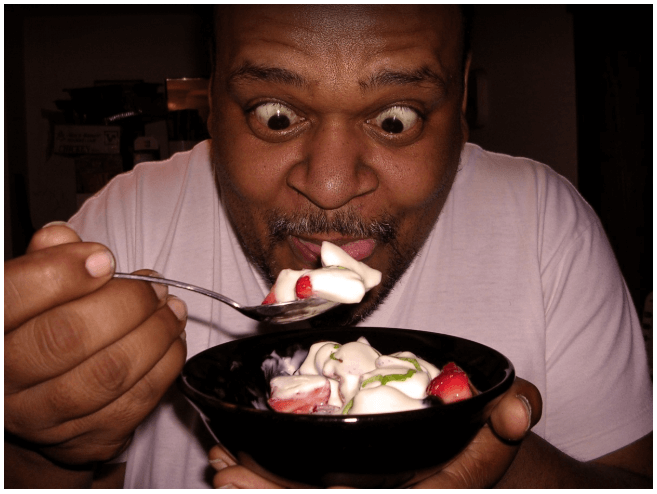Is Emotional Eating a Disorder?

Some people prefer dieting over others. This article is about the other people who can’t control their cravings for food and thrive on feeding their hunger. Some people always rush to the pantry whenever they are upset or feeling low. They find comfort in food and later suffer disorders due to excess eating. Emotional eating is indeed, a disorder that creates several other disorders.
What is Emotional Eating Disorder?
Emotional Eating Disorder or Binge Eating Disorder (BED) is a kind of craving to eat something whenever you feel joy, anger, sadness, or fear. These emotions trigger problematic behavior where you tend to eat a lot, self-medicate with alcohol or drugs.
What’s the Relation?
AS we know that our mind and body are connected; hence, we may observe that our emotions also impact our body. Excitement or depression can lead to difficulty in sleeping or oversleeping; anger is generally associated with headache or muscle stress, anxiety can result in different gastroenterologist diseases, Same way, sadness can decrease or increase a person’s appetite. When the appetite increases, we consider it Emotional Eating Disorder.

What Causes Eating Disorder?
There can be hundreds of possible reasons for this type of disorders that may include:
1. Body Size
For a few people, the weight problem is a result of BED while for others, it is a cause of excess eating.
2. Genetics
People suffering from BED have also been identified as suffering from an inherited disorder of increased sensitivity to dopamine.
3. Emotional Disturbance
People who have suffered a stressful life in their childhood due to child abuse, childhood bullying, accidents, family separation, or other stressful events may increase the probability to develop such disorder.
4. Changes in Brain
Teenagers or adults going through some mental trauma or a certain age may experience this disorder due to the changes in brain cells and structure that heighten self-control.
5. Psychological Disorder
Every other person suffering from this disorder may not be suffering from BED due to the causes above however most of them are suffering from psychological disorders like depression, stress, anxiety, post-traumatic stress disorder (PTSD), or some sort of phobias.

How to Determine If You’re an Emotional Eater?
When compulsive eating or compulsive overeating becomes your destressing method, you get addicted to emotional eating. Eating disorder symptoms should be alarming to you.
- You subconsciously eat when you are stressed.
- You get addicted to junk food with zero nutrition or calories.
- You seek relief in food items like cake, ice-cream, cookies, or chocolate.
- You feel random food craving even though there is no such sort of dish available.
- You face trouble losing weight even if you know the technicalities of quantitative eating.
- You eat in response to your emotions like joy, anger, anxiety, stress, depression, or tiredness.
- Your eating habit goes out of control to the extent that you can’t stop yourself even when you are not hungry.
- You don’t eat to feed your hunger but to feel happy and satisfy your emotions.
- You don’t want others to know what you eat and how you eat.
- You use emotionally charged adjectives to describe your food.
- You feel guilty for eating like this at a later stage.
Changes in Your Body
Binge Eating Disorder (BED) may show you a lot of changes in your physical and mental wellbeing. Not everybody who eats a lot is suffering from binge eating disorder. People who are suffering from this disorder may not have taken proper care of their feelings and practised ways to cope with this disorder.
1. Behavioral Changes
Tend to eat all the time without proper mealtime or planning.
Empty wrappers and containers lying around that indicate a large amount of food consumption.
A large quantity of food getting disappeared in a short period.
2. Psychological Change
Binge eating is a result of depression and anxiety.
People suffer distress and shame after struggling with binge eating.
You can’t control your disciplined eating habits.
3. Emotional Changes
You feel disgusted with your body shape.
You feel worthlessness, shame, and sadness for your disorder and behaviors.
You tend to bring perfection in yourself and overcome disorders.
4. Physical Changes
You suffer from a sleep disorder.
You may experience frequent fluctuation in your body weight, possibly weight gain.
Frequent attacks of joint pain and hypertension may haunt you at regular intervals.
You possess high cholesterol, BP, and possibilities of heart-related disease.
More Recommended Articles:
A Small Guide for Recovering from Eating Disorder
Eating Disorder Online Support Groups and Where to find them
Everything You Must Know About Eating Disorder Therapy




















